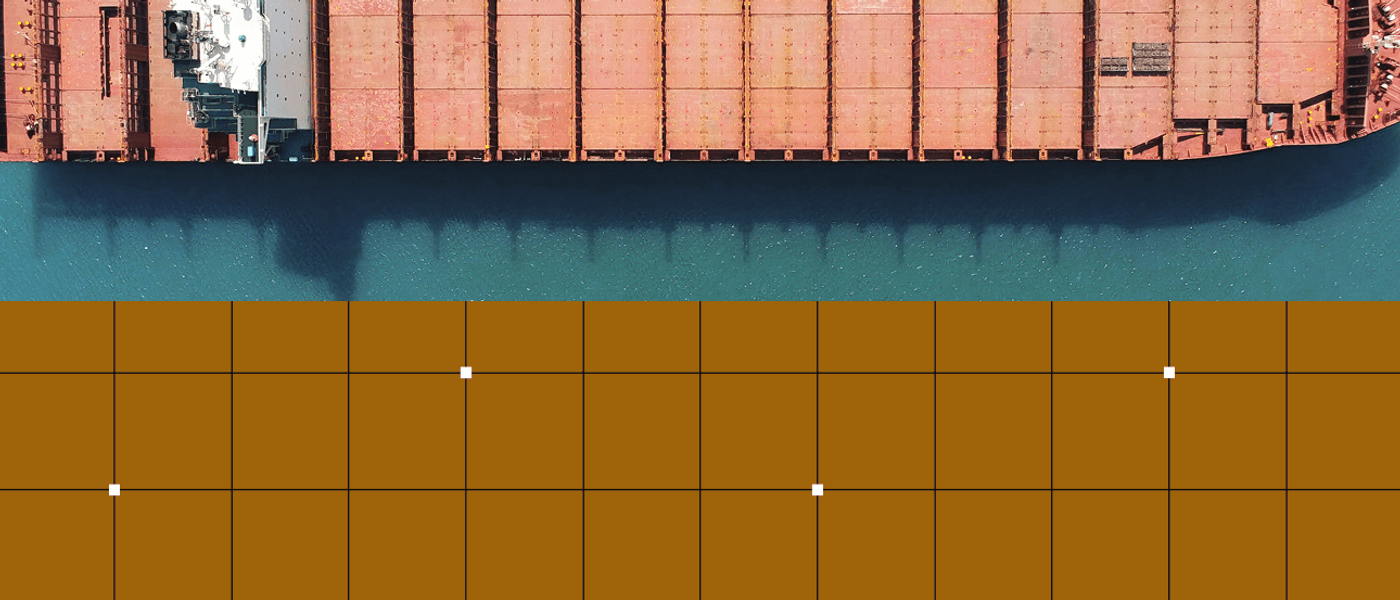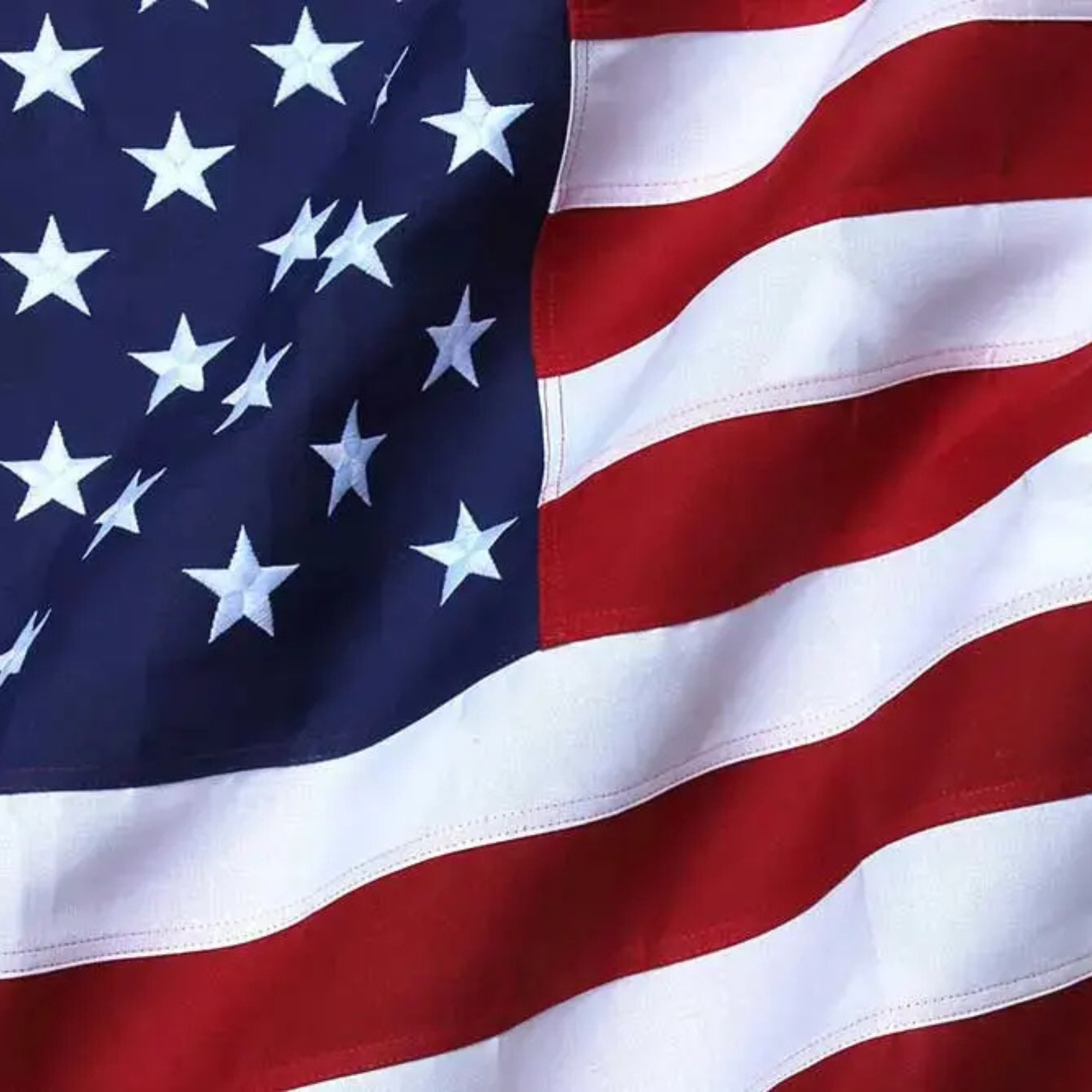Trade Compliance Workflows
Public-private collaboration for tariffs & trade compliance
As global trade grows more complex, shifting tariffs and evolving regulations demand a new trade architecture. Regulators now need visibility into products down to their raw materials, and businesses are expected to provide that level of traceability, but current tools and processes can’t support it. The result is slower commerce for businesses and a mounting enforcement burden for regulators.
Developed with U.S. Customs and Border Protection, Altana’s public-private network connects importers, suppliers, logistics providers, and regulators to drive continuous compliance through AI.


Altana and CBP are pioneering a new trade architecture
U.S. Customs and Border Protection and Altana are building a modern trade infrastructure that enhances enforcement and accelerates border clearance for trusted importers.
Real-world results
Proactive trade compliance happens on the network
$5M+ Average detention costs avoided
$300M+ Average duty savings identified
8x Faster customs filing
Get consistent, meaningful tariff savings
Visit our TradeNerds Academy to see how real trade and procurement practitioners use Altana to avoid border delays and detentions, navigate component-based enforcement expectations, identify and claim huge tariff savings, and turbocharge traceability, remediation, and the customs filing process.
A network solution
A common picture of products and risk factors help businesses and regulators communicate about tariffs
Calculate accurate duties across complex tariff stacking and verify all trade compliance requirements before submitting your product to CBP for pre-validation.
Importers
Review flags for transshipment, forced labor risk, and errors in classification, country of origin, or valuation of a product to easily spot tariff evasion and enforce policy.
Regulators
Respond to requests from importers for information and documents needed to show material composition and proof or trade compliance.
Suppliers
Collaborate with importers to screen for compliance risk, prep classification and country of origin for customs entries, and surface opportunities to lower tariffs.
Logistics providers
Automated duty calculation
AI accurately calculates duty rates including complex tariff stacking rules and predicts Section 232 tariffs based on estimated material composition.
Tariff simulation
Model supplier-level tariff exposure across sourcing scenarios to forecast duty impact by supplier, component, and country.
Transaction screening
Continuously screen goods and their value chains for misclassification, country of origin, valuation, forced labor, and restricted parties.
PGA analysis
Automatically flag partner-government agency (PGA) filing requirements and populate attestations from your Product Catalog and parsed documents.
Continuous auditing
Audit existing classifications, origins, and duty rates to calculate duty overpayments or underpayments.
HS classification
Faster AI-driven product classification with importer–LSP collaboration.
FTA qualification and filing
Check trade agreement and preference program qualification and submit claims to regulators through Product Passports.
Supplier collaboration
Collaborate directly with suppliers in-platform for traceability and information gathering, using Product Passports to fill in any data gaps which then syncs with your product catalog.
Tariff and trade enforcement
Regulators can leverage AI to detect misrepresentation of classification, country of origin, valuation, risk of transshipment, and counternarcotics.
Government collaboration
Submit Product Passports to regulators, collaborate to address issues, and clear borders quickly.













